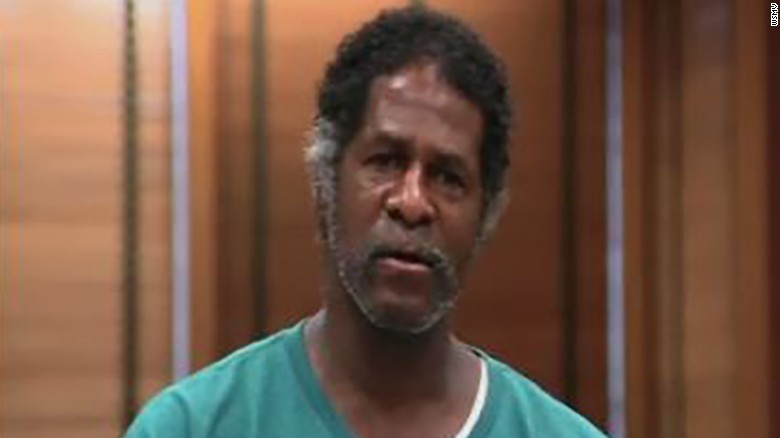In 1977, the victim was raped and robbed by two men, both whom she knew from her neighborhood. She identified them to the police as the children of women in the neighborhood Polly and Ollie Mae, and gave their addresses. The men were Lawrence McKinney and Michael Yancy. Police found both of them together at Michael Yancy's house, Yancy was watching TV and McKinney was hiding in the closet. They gave alibis for each other, claiming they had been there all day. Both were convicted of rape and burglary. This was a very reasonable conviction given the evidence against them.
In the years since, McKinney confessed to the rape and apologized for it during his parole hearings, which were denied. He was also a very problematic prisoner who was constantly getting into violent altercations with other prisoners and guards.
32 years after the crime, the bed linen was tested for DNA. It had a positive match for Yancy, and the victim's boyfriend, and a third man, still unknown. McKinney's DNA was not on the bed linen.
Based on this evidence, since this evidence would no doubt be considered relevant to the trial, the conviction was vacated. The parole board did not exonerate him because the evidence did not support exoneration, it only supported a new trial. Given that he had already served 31 years in prison, rather than have a new trial, in addition to vacating the sentence, the charges were dismissed and he was free to go.
Vacating and dismissal are not findings of innocence in the legal system. Based on the DNA evidence, it is an absolute fact that his friend Yancy raped and robbed the woman. He gave an alibi for this man, and vice versa. The woman said two men raped her, two men she knew, and identified Lawrence as the other one. Based on the victim's eyewitness testimony and her previous familiarity with the perpetrators, her testimony is extremely credible and the jury's verdict exceptionally reasonable. Not all rapists leave DNA on the bedsheets that is recoverable after 30 years.


